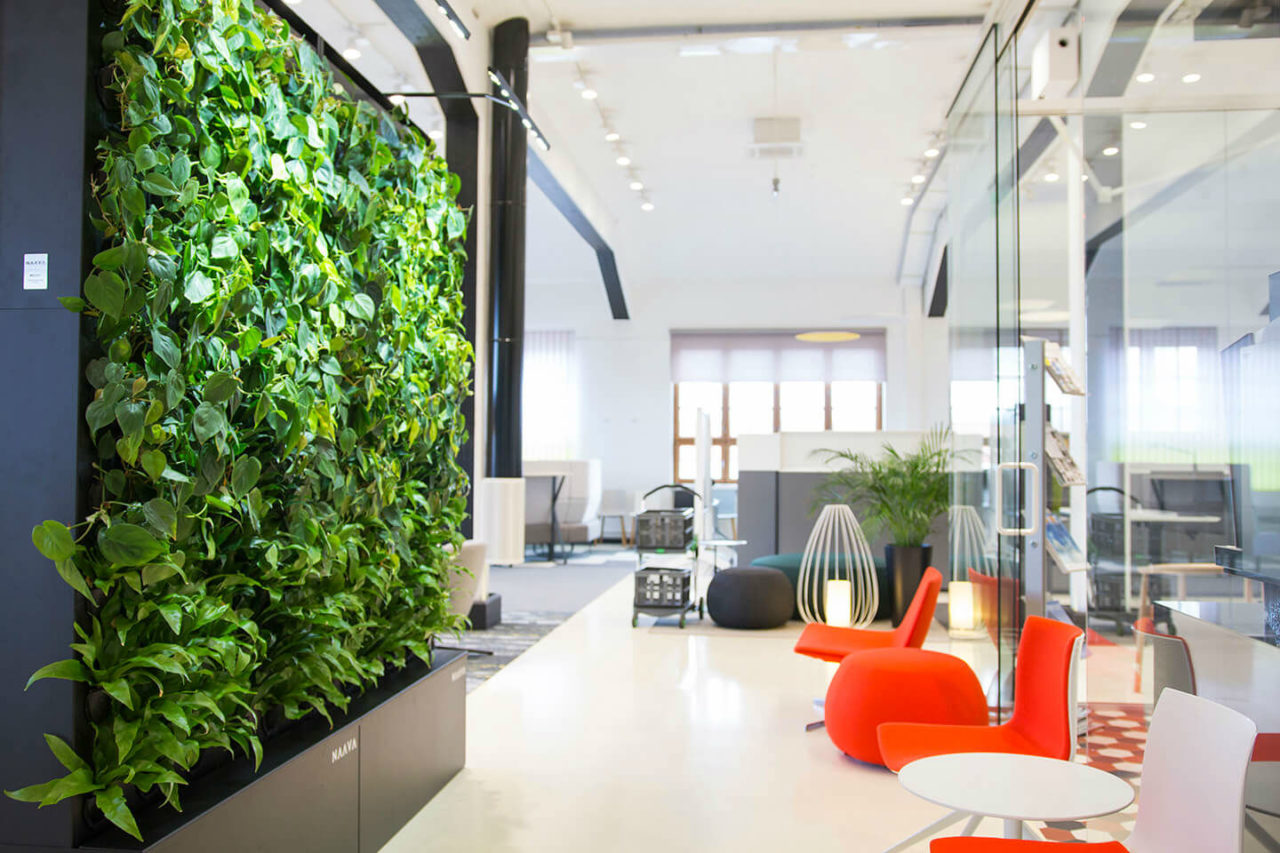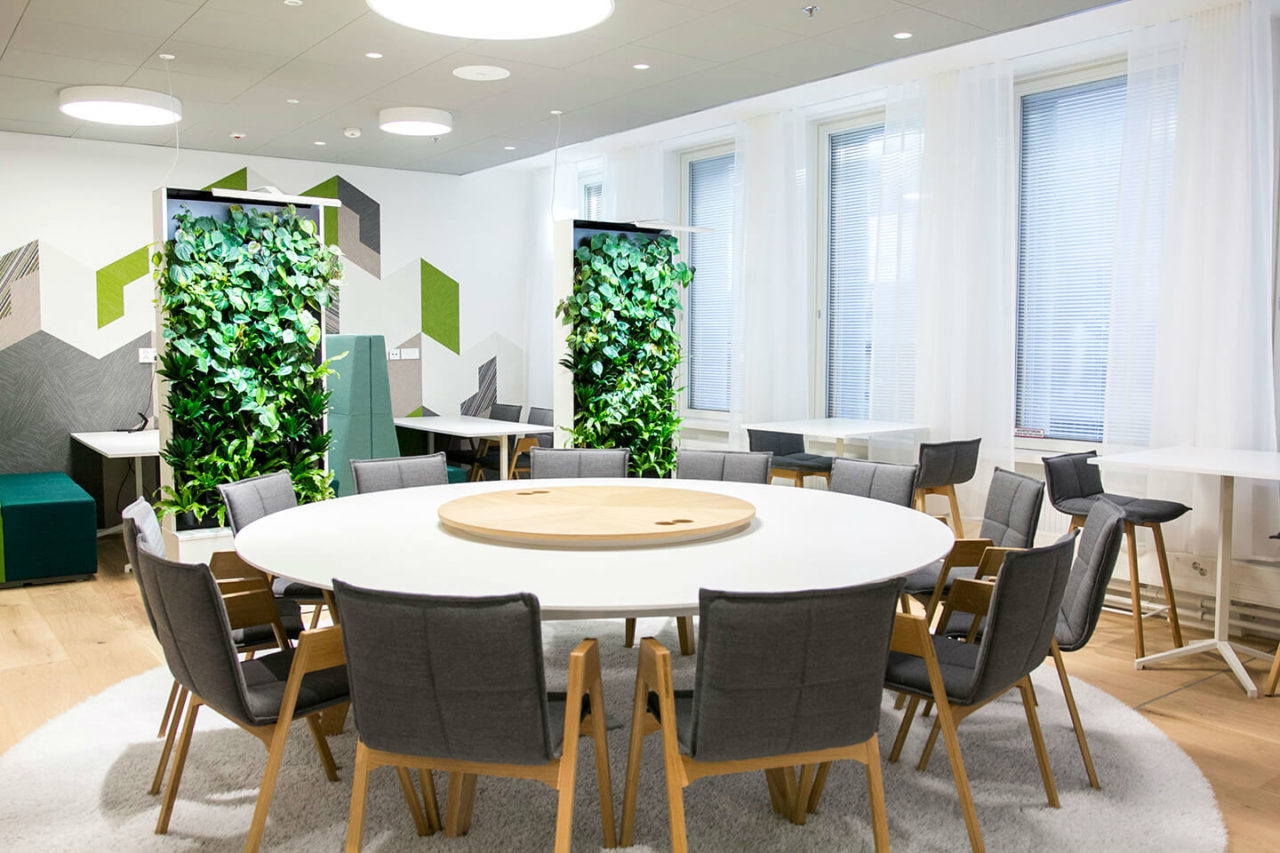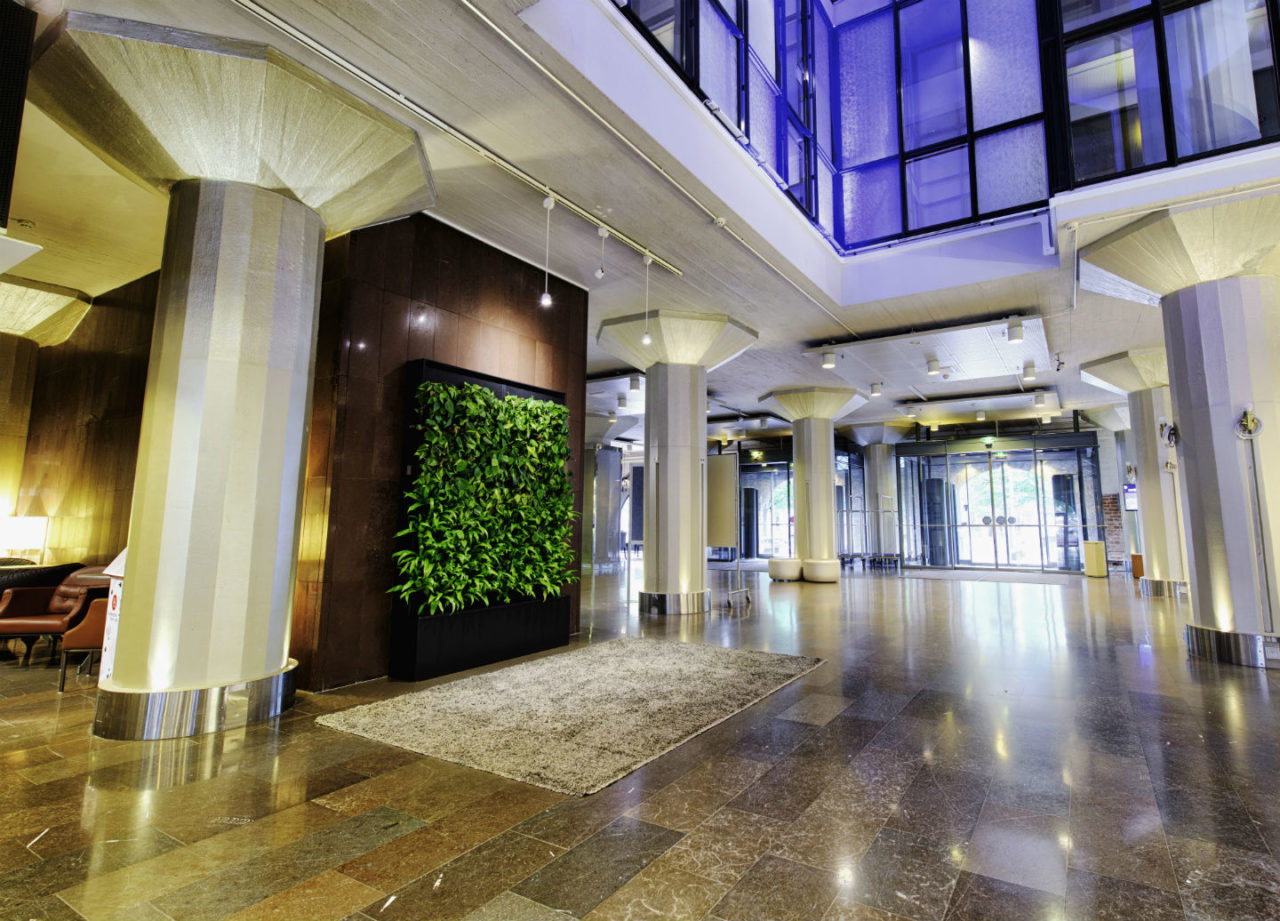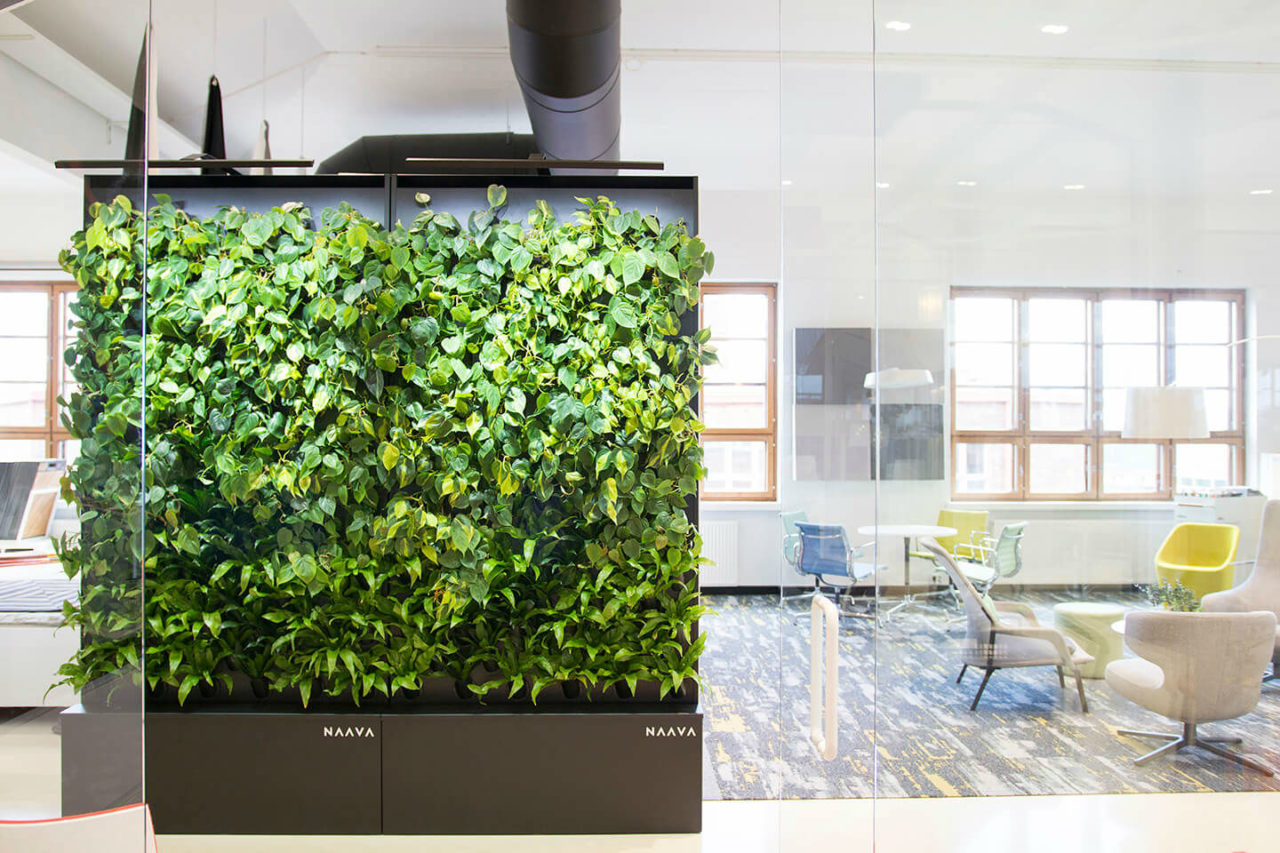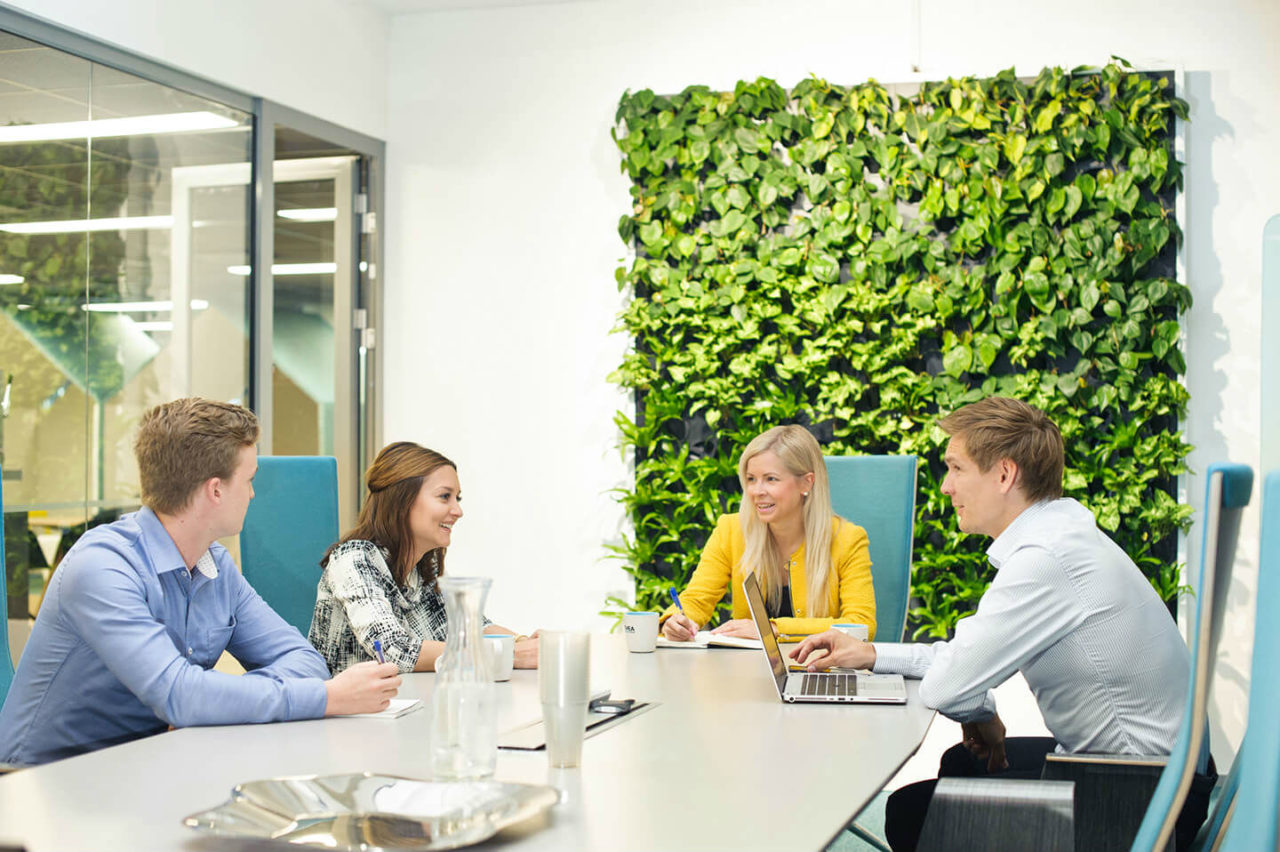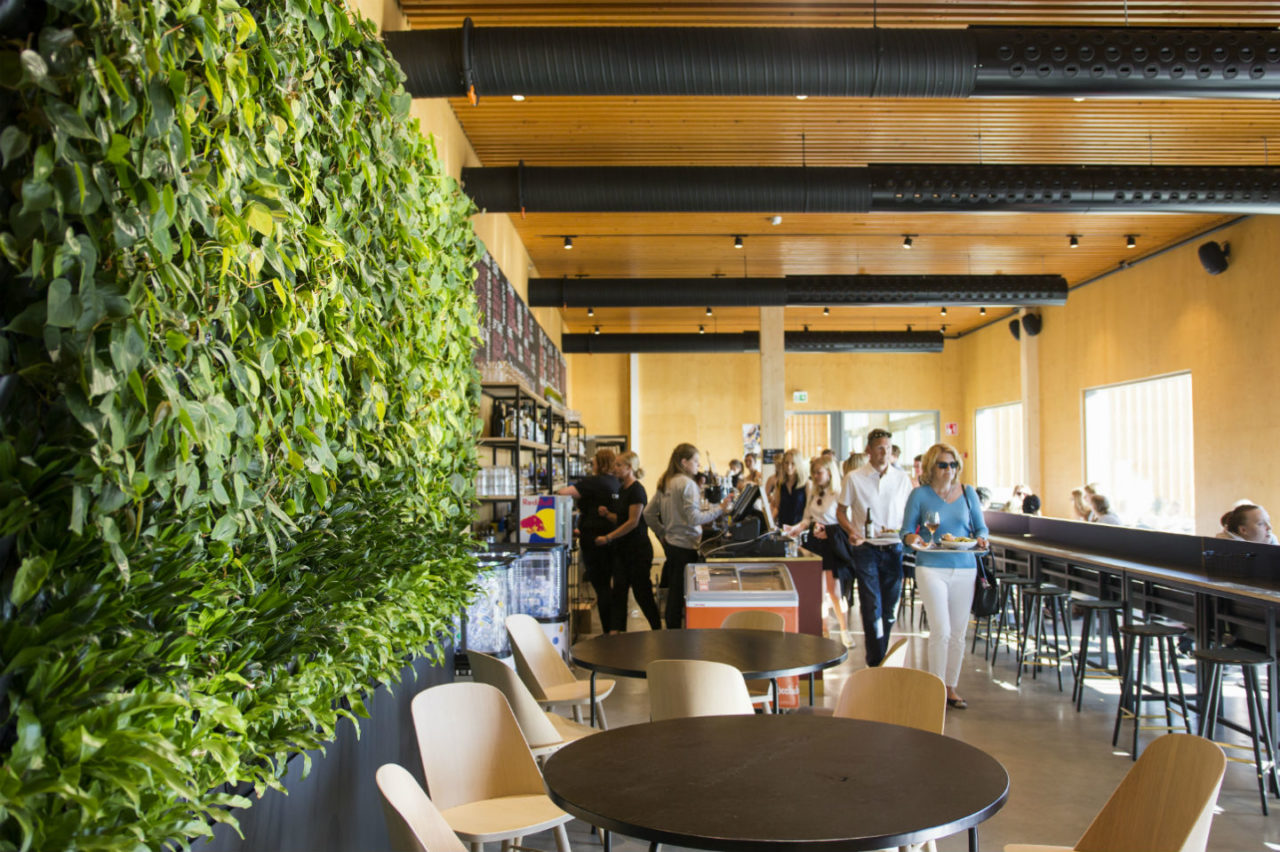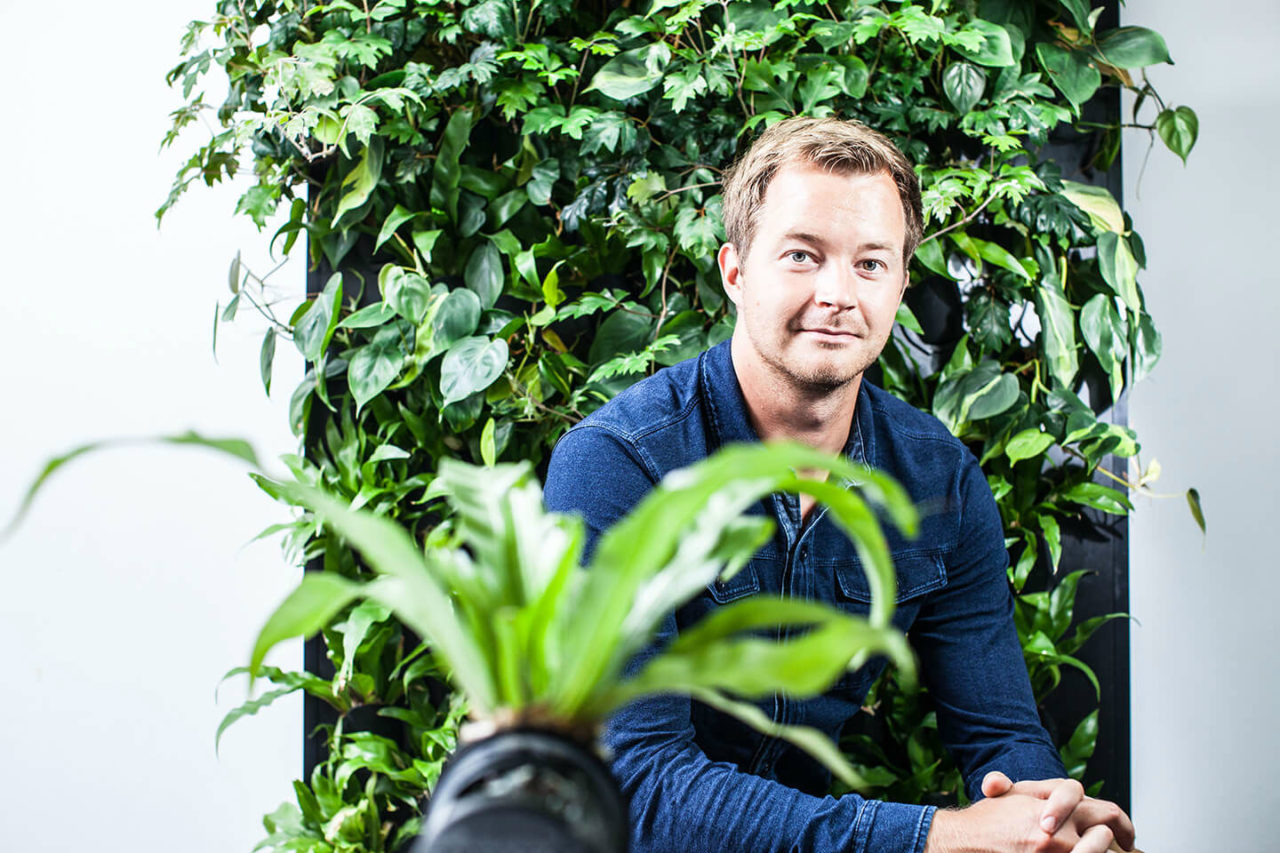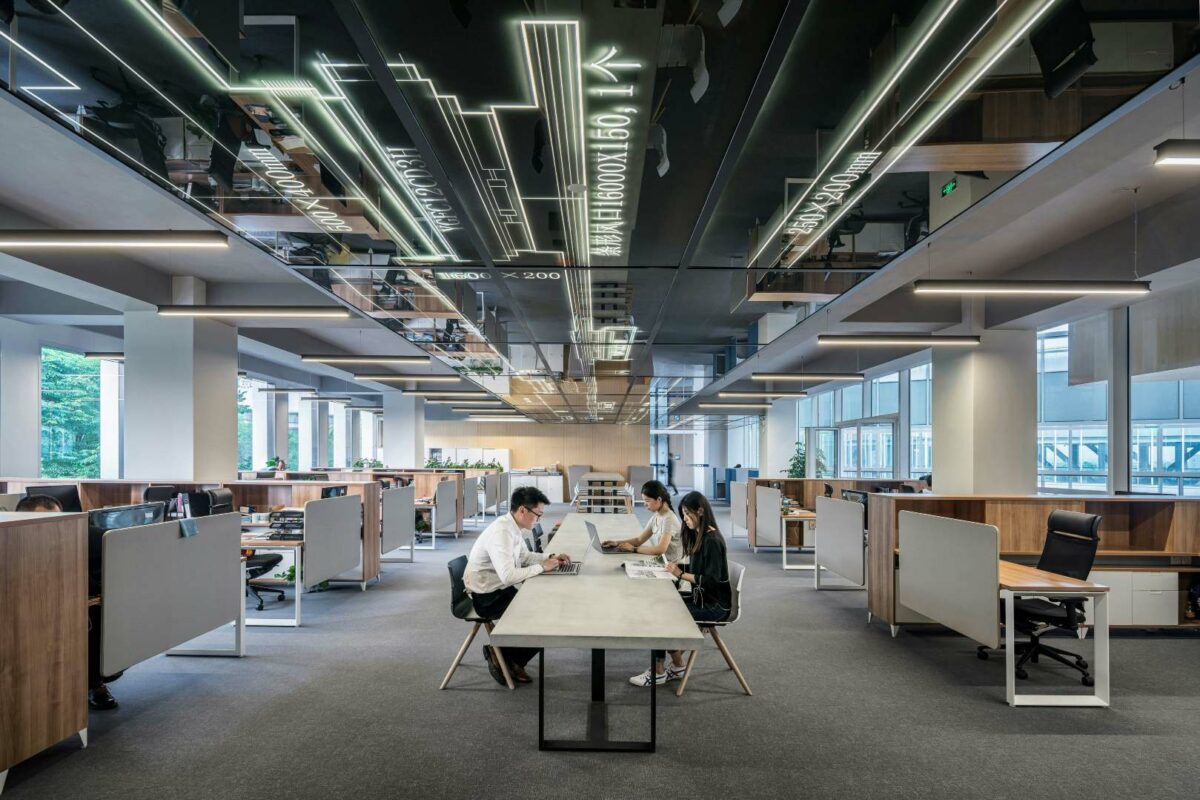We’re increasingly quick to think about the health implications of the food we put in our mouths or the drink we consume, but what about the air we inhale deeply into our lungs? According to the World Health Organisation, nine out of ten people now breathe polluted air, and the global fallout is catastrophic.
“Air pollution is hard to escape, no matter how rich an area you live in. It’s all around us,” explains the WHO. “Microscopic pollutants in the air can slip past our body’s defences, penetrating deep into our respiratory and circulatory system, damaging our lungs, heart and brain.”
Air pollution kills a staggering seven million people each year. Shockingly, it’s responsible for one third of the deaths from stroke, lung cancer and heart disease.
And it’s not just major cities that have a problem. According to the US Environmental Protection Agency, the air we inhale indoors can be up to five times more polluted than the air outside, with chemicals from cleaning products, open fires and even scented candles all causing an issue.
“Poor air quality is one of the biggest environmental health risks of our generation,” says Aki Soudunsaari, founder of health tech company Naava. “If we see the water in our glass is dirty, we choose not to drink it, but we’re unable to see the air we breathe. Every day we inhale around 13 litres of it, unquestioningly.
“At work, we breathe in chemicals from aerosols, furniture, paint, cleaning products, glues, fire retardant coatings and even computers. And if we throw open the windows in the city, we bring in exhaust emissions and other pollutants from the outside.”
Aki has suffered first hand from the health impact of poor indoor air – it’s often linked to eye and skin irritation, asthma, congestion and fatigue. As a child he grew up in Lapland, a region carpeted in forests and lakes, where he breathed in some of the purest air in the world. But when he moved to an urban area to teach and became divorced from nature, he started to suffer from headaches, sinus infections and brain fog.
“I soon discovered that if I was in a natural environment, my symptoms cleared up,” he tells Work in Mind. “But they’d return when I spent time indoors and I struggled to concentrate too.”
Firmly believing poor air quality was having a detrimental impact on his health and cognitive performance, Aki teamed up with friend and innovator Niko Järvinen. Building on research done by NASA, the pair set about seeing whether they could harness the purifying power of plants.
The result? They designed an active living green wall, a plug-in installation that uses biofiltration to magnify the air purifying power of plants. Indoor air is drawn through the root zone of the plants, where microbes cleanse it of unwanted chemicals and particles. Fans positioned in the wall then expel the purified air back into the room. The intelligent wall – called Naava – is supported by a remote AI system and is even connected to the weather forecast, so it can optimise humidity levels.
The furniture green walls, most of them containing 63 house plants turned into biofilters, also reconnect people with nature, harnessing the cognitive and stress-reducing benefits of biophilia.
Eight years on, Naava’s purification power has been proven in three separate studies, including one performed by BRE (the Building Research Establishment). It’s also said that when it comes to air purification, one Naava is the equivalent to having some 6,000 potted plants in the same space.
Over 2,000 smart green walls have been installed in multinationals, education and healthcare facilities, and the Finnish company has attracted funding from Delos, the pioneer of wellness real estate and founder of the WELL Building Standard. Indeed the Delos Manhattan HQ – which serves as a showcase for the WELL Standard – also features 24 Naava green walls.
“Our clients tell us users feel more alert, headaches have reduced and people aren’t suffering from the afternoon slump,” says Aki. “The walls also improve acoustics and optimise indoor humidity, which is so important for skin health, immunity and performance.”
Aki’s goal now is to reconnect people with nature and improve air quality in offices and buildings across the globe.
“People are increasingly moving to urban areas and in the western world, we spend up to 90% of our time indoors,” he says. “But a work environment should improve our wellbeing, not damage it. Our goal is to help people feel healthier and happier, by bringing them into contact with nature every day.”
Find out more about the impact of poor air quality here.
Aki Soudunsaari is co-founder and strategy director of Naava, which is available in the UK exclusively through Office BluePrint.
Sophie Barton
Sophie Barton is our Features Editor. She a journalist and editor with 20 years’ experience in the national media, specialising in wellbeing and lifestyle.


